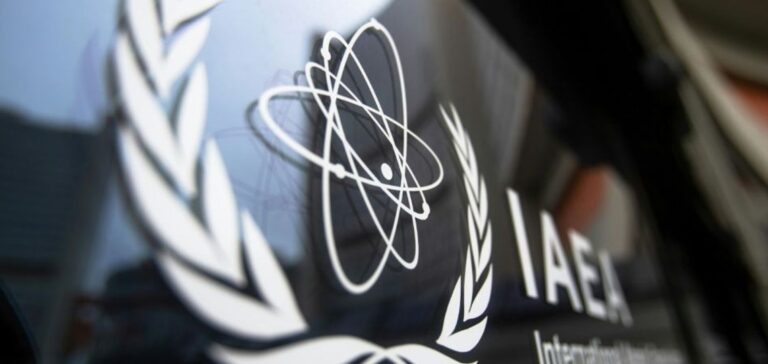The year 2023 marks a worrying turning point in the global struggle to improve energy efficiency. According to the latest report from the International Energy Agency (IEA), the estimated rate of increase in energy intensity for this year is just 1.3%, compared with 2% in 2022. This underperformance is attributed in part to an increase in energy demand, from 1.3% in 2022 to 1.7% in 2023.
Influence of the Economy on Investment
Inflation and rising interest rates should, according to the IEA, reduce investment growth in energy efficiency to 4% in 2023. This figure contrasts sharply with the average of 20% seen over the previous two years, a period marked by Covid-19’s post-pandemic recovery plans. Nevertheless, investment is expected to reach over $620 billion by 2023, a significant increase on the pre-pandemic period.
Variance from Objectives
The IEA points out that these results fall well short of the targets it set in its roadmap last spring, aimed at doubling growth to 4% a year by 2022. Fatih Birol, Executive Director of the IEA, reiterates the crucial importance of doubling progress in energy efficiency this decade to maintain the goal of limiting global warming to 1.5 degrees Celsius and ensure energy security.
Regional Disparities and Climate Challenges
The report highlights significant regional disparities. The European Union and the United States are set to record robust increases in energy efficiency of between 4% and 14%. These advances can be explained in part by ambitious policies in response to the energy crisis caused by the war in Ukraine and an exceptionally mild winter in Europe. In contrast, record heat in 2023 has led to an explosion in demand for air conditioners and associated emissions in countries such as China.
Despite some regional progress, the overall slowdown in energy efficiency improvements in 2023 underscores the urgency of concerted and reinforced action to achieve global climate goals.






















